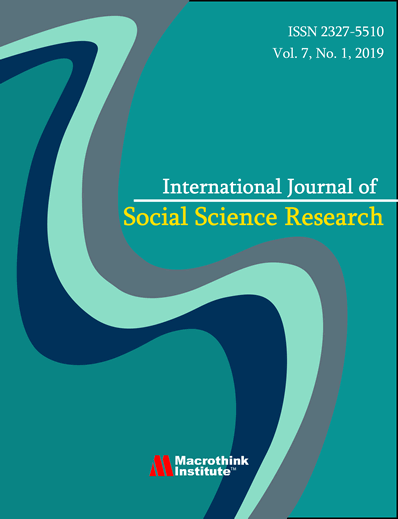Learning Attitude Mediates the Relationship Between Parental Educational Expectations and Academic Performance of Junior High Students: Evidence from China
DOI:
https://doi.org/10.5296/ijssr.v12i2.21676Abstract
With the rapid development of China, parents are placing higher and higher expectations on their children’s education. Drawing upon baseline data from the China Education Panel Survey (CEPS2013), this study delves into the mechanisms through which the learning attitude of junior high school students affects the association between parental educational expectations and academic performance. The results of the present study show that students’ learning attitude is a significant factor that impacts the academic performance of junior high school students and plays a substantial mediating role in the relationship between parental educational expectations and academic performance. Our analyses reveal that parental educational expectations have a greater impact on test scores compared to cognitive ability. Additionally, the mediating effect of learning attitude on the relationship between parental educational expectations and test scores is considerably stronger than the relationship between parental educational expectations and cognitive ability. These results contribute to a better understanding of the mechanism by which parental educational expectations affect children’s academic performance, which has implications for educational policy and practice in China.

